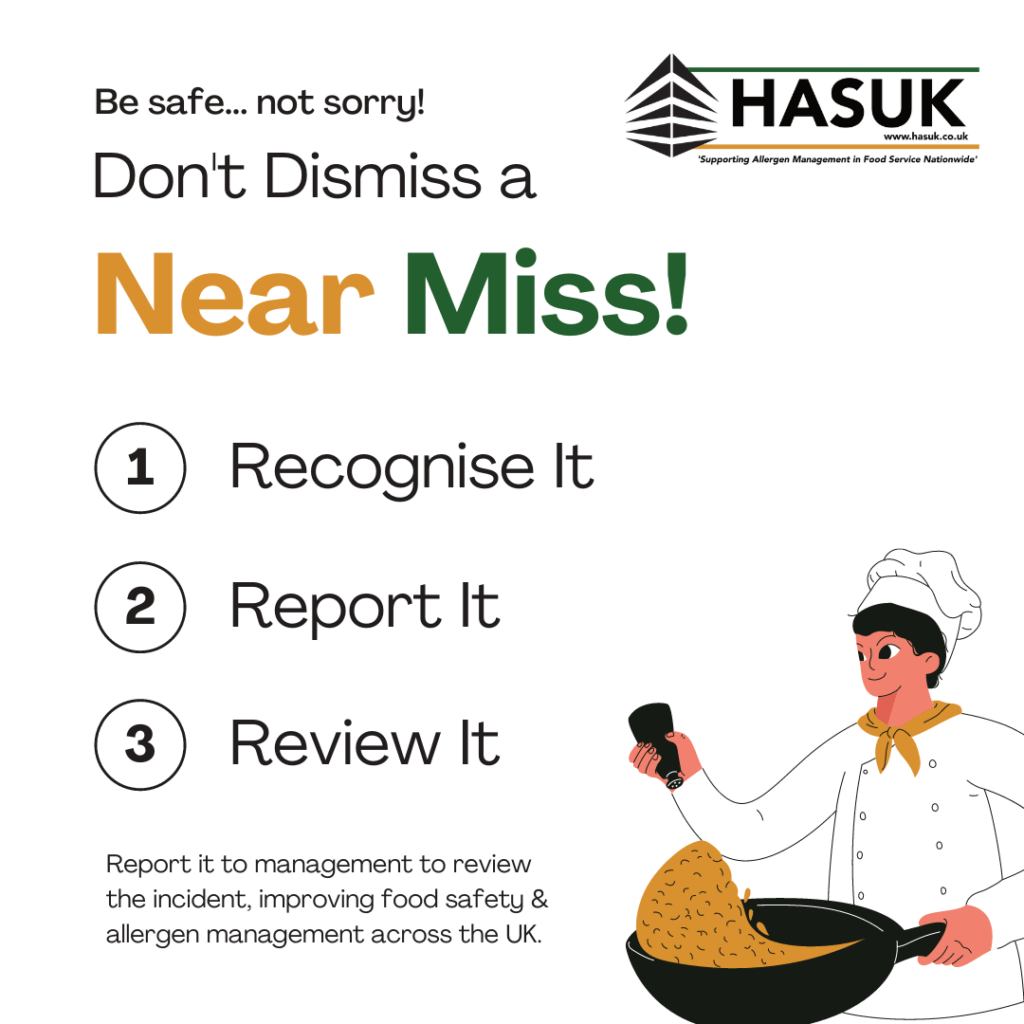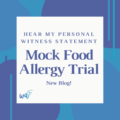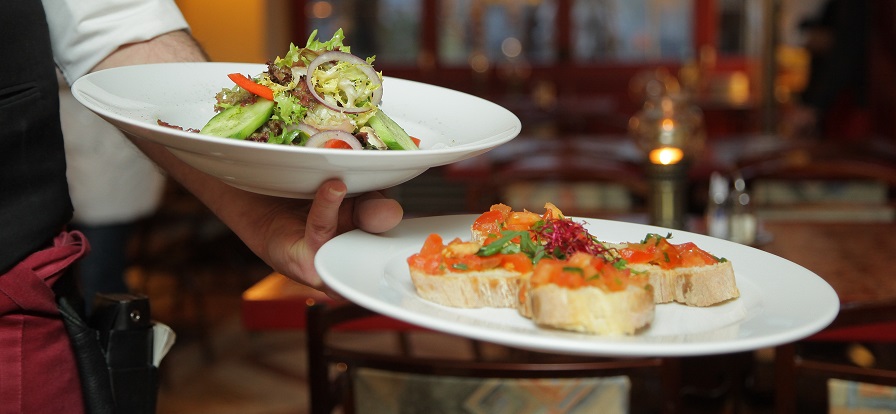Jacqui McPeake of Jacs Ltd and Caroline Benjamin of Food Allergy Aware have collaborated as Hospitality Allergen Support UK to highlight Near Miss Reporting of potential poor allergen management, as a potential RISK for a more serious incident in the future within hospitality.
Helping prevent anaphylactic reactions

They believe there are more near misses related to allergen management than are actually reported, the aim of the surveys is to validate the information we are often given by the FHS customer, for a final report to use in the launch of the Near Miss Campaign in May.
Jacqui and Caroline would like to understand how Hospitality Businesses are managing ‘Near Miss Reporting’ and how we can put more information out there to encourage a no blame culture within businesses to prevent serious incidents
‘Near Miss Reporting’ in a no blame culture within the Hospitality Sector
We have gained the support of several organisations, and our aim is to encourage hospitality business to register ALL ‘Near Misses’ to prevent a tragic incident from occurring. We are aware of many Allergen ’Near Misses’ which go unreported which could potentially have serious consequences.
The coroner at the inquest for Natasha Ednan-Laperouse recorded that Pret-a-Manger were informed by up to six families that there was an issue with the sesame flour in their baguettes; and also in relation to their labelling information? At the time of Natasha’s tragic death these incidents were not recorded and tracked to see if there was a pattern. Today Pret records all incidents reported from all their various sources. They can be reported face to face, online social media or via their customer help lines. This was an important lesson learnt for Pret and we believe should be a standard procedure across the hospitality sector.
They would like to hear from the Food HyperSensitive [FHS] customer to understand the responses they have received when dining out and compare with a parallel Hospitality survey to understand the gaps and work to increase awareness and improve reporting procedures.
They are collating data from the hospitality sector by means of a survey which is being conducted by Sofija Putak who is a final year student at Greenwich University studying Hotel Management BA Hons. Sofija will collate responses from the survey and will create the report, we would like you to support this initiative as you will be helping to support the future management of our industry and produce viable data to push forward with training food safety amongst our colleagues across the industry.
It would be great if you could take part, helping to create a valuable white paper resource which can be used by the industry going forward.
Here is a link to the survey, please complete and share with anyone else who you know has had a ‘near miss’ or lives with allergies and may be able to help:
- FHS customer Survey – Link click here
- Hospitality sector Survey – Link click here
The surveys will be open for 6 weeks, the closing date is Sunday 20 March.
Once the surveys have closed, they will produce a report / white paper as appropriate. The ‘Near Miss’ campaign will be launched during the month of May 2022 across all sectors of the Hospitality industry.
We are aware of the current FSA pilot scheme and have had confirmation from the FSA that the data will not be shared once the pilot scheme has closed. If the pilot is successful, they may be creating a database in the future.
To find out more, visit The Near Miss Campaign – What’s it all about?
I’d love it if you could spare some time to support this campaign. How many near misses have you experience? I’ve had so many and I often don’t do anything about it. We often find ourselves feeling embarrassed, angry and just wanting to go home and never go out again – but no one learns from that. Particularly the food service establishments, who really do need to be alerted to any dangerous practises.
There should be no blame and this is a great way of doing this.
Have you had a near miss? What was yours?
One of my recent ones was nearly getting ‘hot milk’ instead of oat milk! Obviously a language issue in a busy and bustling cafe but I spotted the lady picking up the normal milk – had I not seen her it would have been disastrous.
We all need to take some responsibility for calling out mistakes and driving better allergen management practises.












Leave a Reply